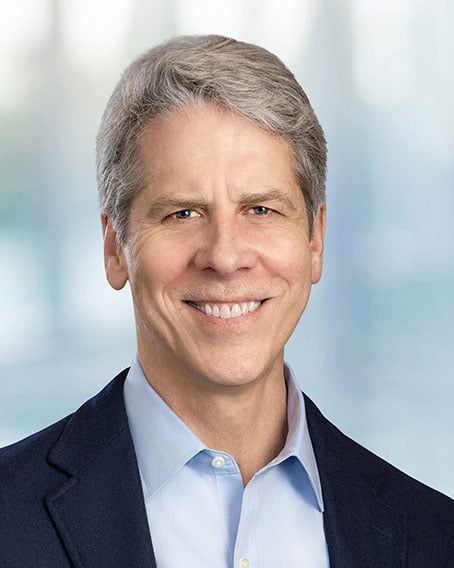In 2008, the Massachusetts legislature created a Special Commission on the Health Care Payment System (the “Commission”) as part of the Commonwealth’s commitment to implement health care reform. Last week the panel, led by Governor Deval Patrick’s chief finance and health policy advisers, recommended that payers in Massachusetts radically change how they pay for health care services.
The Commission’s recommendations seek to shift the Commonwealth’s fee-for-service system in which doctors and hospitals are compensated per visit, procedure, inpatient admission or diagnostic test to a system in which providers band together into networks (called accountable care organizations or “ACOs”) and share responsibility for a patient’s overall well-being. In return, ACOs would receive a “global payment” for the "full range" of patient care services in the form of a per-patient monthly or annual fee. The Commission’s recommendations encompass public and private payers and would require a Medicare waiver to implement.
The Commission makes the case for urgent reform, noting that Massachusetts has among the highest health care costs in the United States, and the United States has the highest costs among industrialized nations, without any beneficial correlation of higher cost to higher quality care.
The Commission analyzes three payment systems (fee-for-service, episode-based payment and global payment) and embraces the view that a global payment system would incentivize providers to keep patients healthy rather than encourage unnecessary care, and that if such a system is appropriately risk-adjusted, it would protect providers against disparities in the health status of different patient populations. By delivering efficient and patient-centered care, ACOs could even benefit by receiving global payments that exceed their cost in treating patients. According to the Commission, 20% of physician payments made by commercial payers in Massachusetts already take the form of a global payment and thus evidence that broader adoption is feasible.
The Commission recommended that the new global payment system be phased in over a five year period and that it be overseen by a new authority. Sensitive to the fact that this issue is politically charged, the Commission left many important decisions up to the new authority and to the legislature. For instance, while the Commission recommended that insurers and ACOs be permitted to negotiate risk-adjusted rates, it assigned the new authority the task of fleshing out the details of the risk adjustment methodology.
Stakeholders including the Massachusetts Hospital Association, the Massachusetts Medical Society and leading health insurers have voiced their cautious support for the Commission’s recommendations, while stressing that details are important. Indeed, much discussion and debate will ensue as proponents of the global payment system try to garner the support of the state legislature and of the Governor. If the proposed reforms are enacted, Massachusetts will become the first state to abandon fee-for-service payments.
Massachusetts is no stranger to innovative health reform, as evidenced by its 2006 efforts to insure every resident. Since that reform, Massachusetts has taken center stage in many national health care reform discussions. While Washington has not entertained the wholesale rejection of the fee-for-service system, the Massachusetts panel’s recent recommendations will undoubtedly affect the broader health care reform debate.
Questions about the implications of the report should be addressed to your regular Ropes and Gray advisor or any of the attorneys listed above.
Authors

Stay Up To Date with Ropes & Gray
Ropes & Gray attorneys provide timely analysis on legal developments, court decisions and changes in legislation and regulations.
Stay in the loop with all things Ropes & Gray, and find out more about our people, culture, initiatives and everything that’s happening.
We regularly notify our clients and contacts of significant legal developments, news, webinars and teleconferences that affect their industries.

